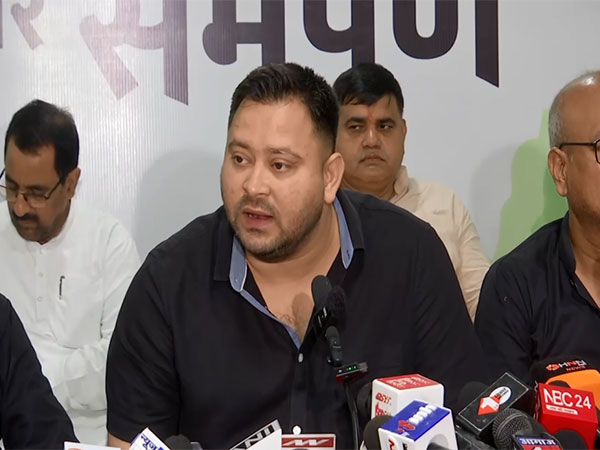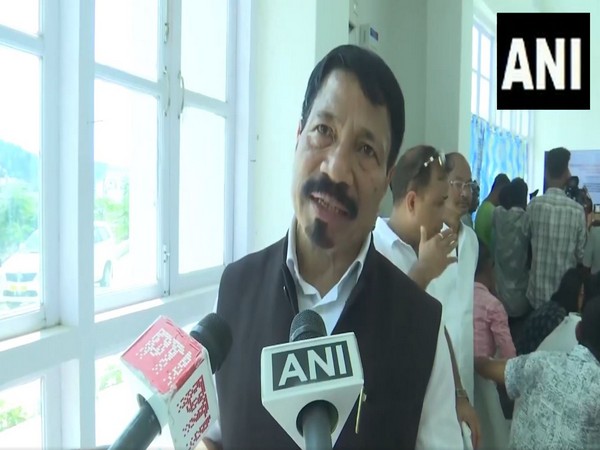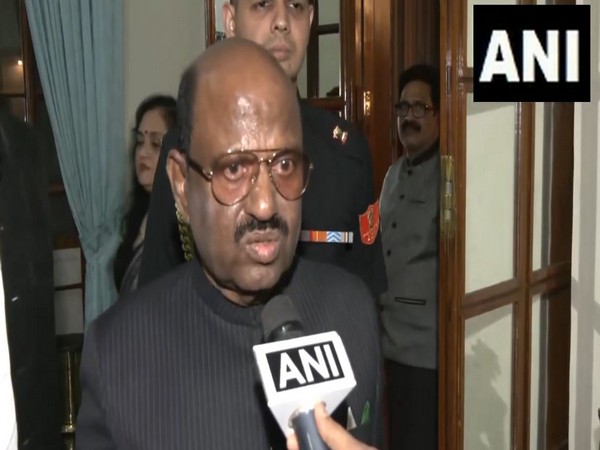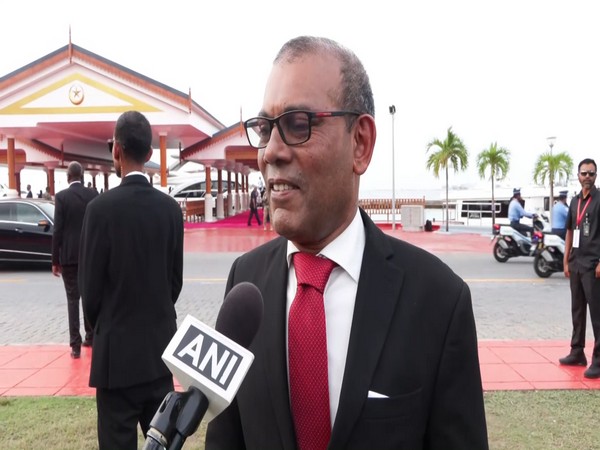Kerala one of most financially unhealthy states, Attorney General tells Supreme Court
Feb 07, 2024

New Delhi [India], February 7 : Kerala's financial health and debt situation have attracted adverse observations from successive Finance Commissions (12th, 14th and 15th) as well as the Comptroller and Auditor General of India (CAG) and it is one of the most financially unhealthy states as its fiscal edifice has been diagnosed with several cracks, Attorney General R Venkataramani said in a note submitted before the Supreme Court.
Responding to Kerala's government suit, the Centre in its affidavit, apprised the apex court that Kerala has been one of the most financially unhealthy states, and its fiscal edifice of Kerala has been diagnosed with several cracks.
The Attorney General for India has filed a written note in the suit filed by Kerala Government where he said that the debt of states affects the credit rating of the country. "Moreover, default by any state in debt servicing would create reputational issues and will have domino effect endangering the financial stability of the whole of India," he said.
The note has cited the 12th Finance Commission, CAG and RBI report to show the condition of the Kerala state.
"Kerala has been one of the most financially unhealthy States and its fiscal edifice of Kerala has been diagnosed with several cracks. While commenting on the debt situation of the States, the 12th Finance Commission classified Kerala among the States with deteriorating debt situation reflected both in terms of the Debt- GSDP ratio and the ratio of interest payments to revenue receipts," the affidavit said.
The RBI has also categorized Kerala among the five highly stressed States requiring urgent corrective measures Centre said.
"Acute financial crisis faced by Kerala was also recognized in its own. Government's white paper published in June 2016. The paper had noted that the entire borrowing was just sufficient to meet the day to day expenditure, no funds were left for capital expenditure and schemes in the budget had no resources to finance them. A study on State Finances of Kerala conducted by the Indian Institute of Management, Kozhikode in 2017 also pointed towards poor public finance management in the State," Centre said.
Centre said that an analysis of current financial situation of Kerala through various financial indicators reveals poor public financial management in the State. Outstanding liabilities of the State as a percentage of Gross State Domestic Product (OSDP) have increased from 31 per cent in 2018-19 to 39 per cent in 2021-22 as compared to the all-state average of 29.8 per cent.
Centre said that interest payment as percentage of revenue receipts of Kerala has climbed to 19.98 per cent in 2021-22 as compared to the 14th Finance Commission's recommendation of 10 percent. Its seriousness increases due to the fact that Kerala does not provide enough for capital expenditure to sustain this high level of interest payments.
Thee note was filed on the response to the Kerala Government petition against Centre's alleged interference in states' finances and said that due to such interference the state is not able to fulfil the commitments in its annual budgets.
In a suit filed by Kerala government, it stated that state government deals with the executive power conferred on the Plaintiff State under Article 293 of the Constitution of India to borrow on the security or guarantee of the Consolidated Fund of the State in alignment with the fiscal autonomy of the Plaintiff State as guaranteed and enshrined in the Constitution.
Kerala Government, through its petition, said Centre through the Ministry of Finance (Public Finance-State Division), Department of Expenditure letters dated March 2023 & August 2023 and by amendments made to Section 4 of the Fiscal Responsibility and Budget Management Act, of 2003 sought to interfere with the finances of the state by imposing a net borrowing ceiling on the State.
The Kerala government said that such interference with the finances of the state was caused by imposing a net borrowing ceiling on the plaintiff state in the manner deemed fit by the defendant union, which limits borrowings from all sources, including open market borrowings.

















